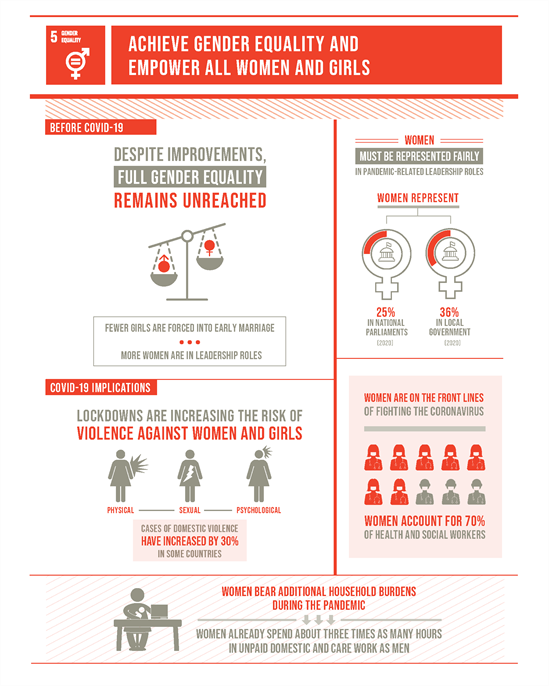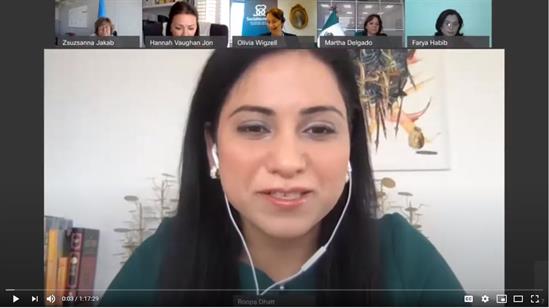Value gender and equity in the global health workforce
Women account for 67% of the global health and social care workforce.
It is estimated that women provide essential health services for around 5 billion people worldwide. The financial value of women’s input into health systems is estimated to be over US$3 trillion annually. Yet women’s contributions to health and the health labour market remain markedly undervalued. Women in health tend to be clustered into lower status, low paid, and often unpaid roles. Sustainable development needs to better value women’s contributions to population’s physical, social and mental wellbeing.
Equity issues pertaining to decent work free from all forms of discrimination, harassment, including sexual harassment; gender pay gap; occupational segregation by gender and leadership are important for all member states to address if the 15 million health worker shortfall to achieve Universal Health Care is to be redressed in an equitable, inclusive and sustainable way. Gender equity is key to building resilient health systems and gender transformative health and social care policies are key to achieving gender equality globally.



